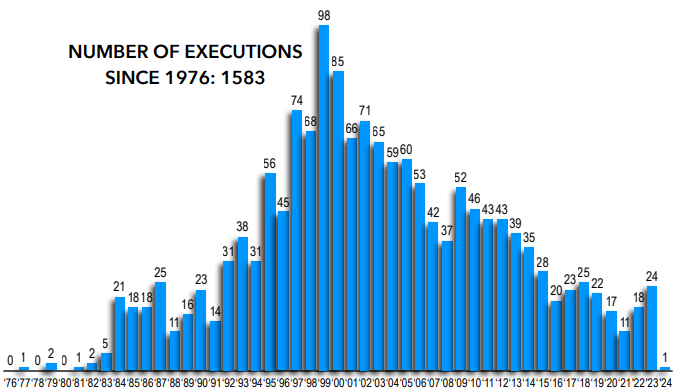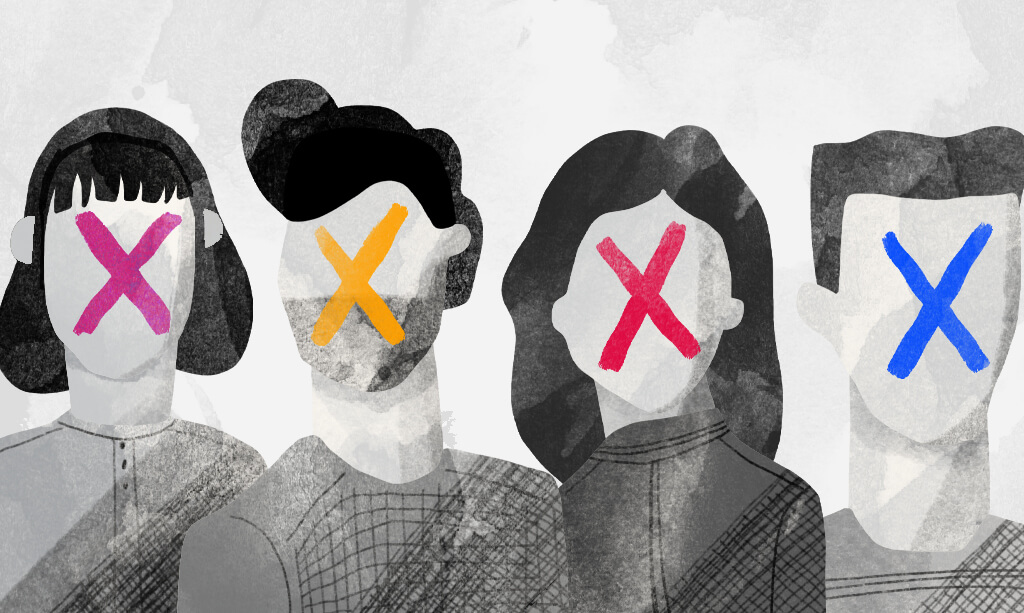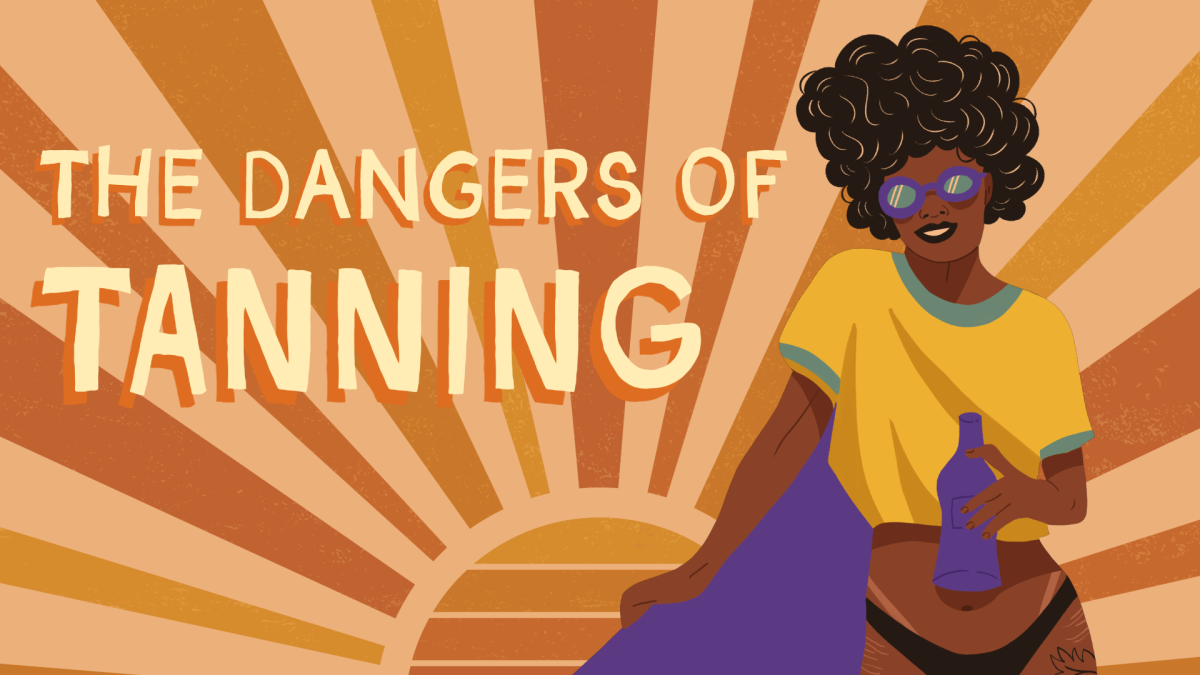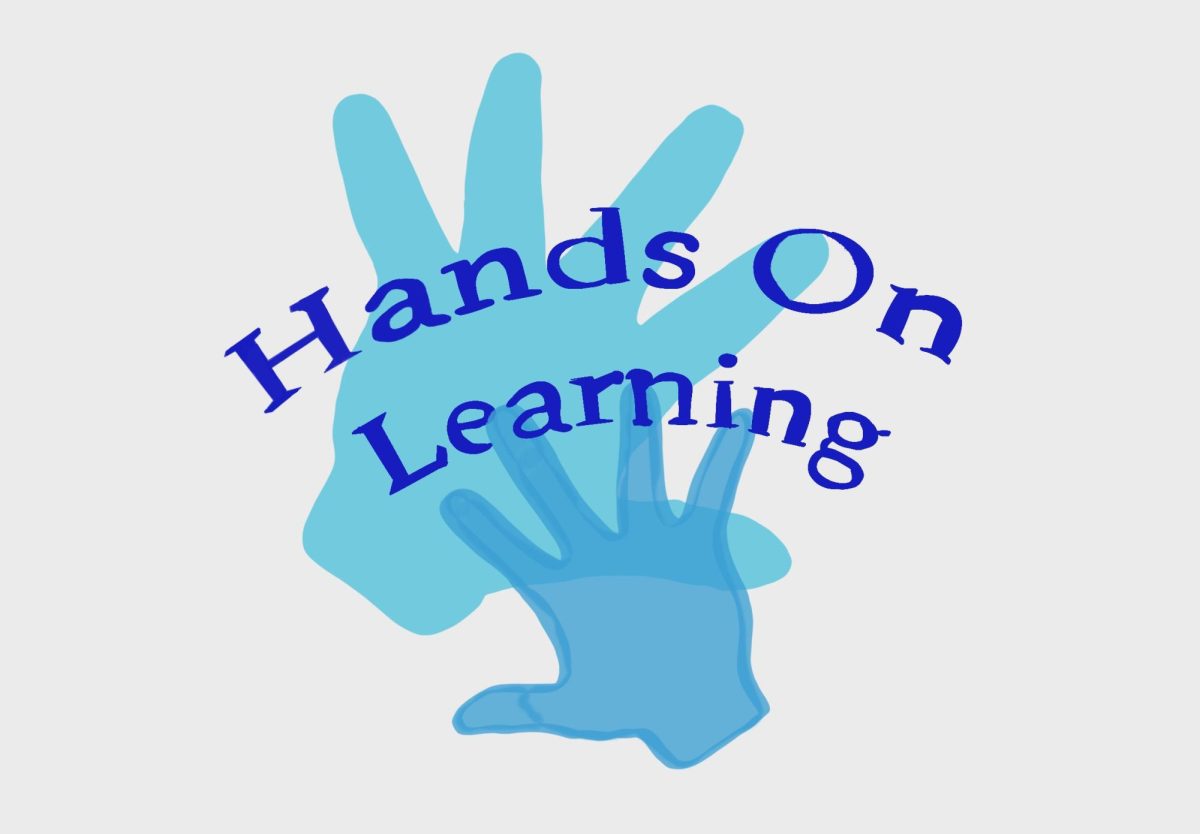Capital punishment has been a part of U.S history since 1608. As defined by the Oxford Language, the definition of capital punishment is “the legally authorized killing of someone as punishment for a crime.” Between 1976 and 2024, there were about 1,582 capital executions of prisoners on death row in the U.S. The Death Penalty Information Center states the highest spike took place during 1999 with 98 executed within the year. Furthermore, since 1973 there have been at least 196 people who have been wrongly convicted and sentenced to death but later exonerated. Additionally, there have been 226 juvenile deaths with the youngest at the age of 14, emphasizing the flaws in the American Justice system.
While the death penalty creates hefty emotional tolls, it also creates a heavy financial burden. A study from Maryland suggests that the average cost to Maryland taxpayers for reaching a single death sentence is $3 million. This cost is $1.9 million more than a non-death penalty case. Additionally, a study done by the Sacramento Bee in 1988 suggests that California would save $90 million per year if it were to abolish the death penalty. Despite varying opinions on the death penalty, taxpayers who do not support the death penalty are still forced to carry the financial burden against their will and good faith. For example, the American Civil Liberties Union is supporting numerous defendants in their fight against the death penalty despite their taxes going towards the death penalty.
From 1976 until now, the most common method is found to be lethal injection. Lethal injection is proven by autopsy to be painful, where most feel they are suffocating. Some believe making someone suffer for their actions, regardless of what crime they commited, should not suffer death as a way of punishment. A clear majority of voters do not believe in capital punishment, rather supporting sentencing people to life without parole.
Many lawyers working in EJI have worked together to provide equality and justice for the suffering prisoners who need help getting off death row. For instance, Bryan Stevenson, a graduated lawyer from Harvard, has also taken on the death penalty fight. Stevenson has won reversals, or release of over 140 prisoners on death row and won relief for hundreds of others wrongly convicted or unfairly settled. In one of Bryan Stevenson’s most popular books, “Just Mercy”, he talks about one of his most immense trial cases. Walter McMillian had gone through a false accusation that he had committed an act of murder in 1986. Due to racial discrimination in his community and legal system, he was sentenced to capital punishment. Throughout this trial, several acts of discrimination and racial injustice were committed by higher, powerful people. Judge Lee chose to sentence McMillian despite the prosecution failing to prove the case beyond a reasonable doubt. After six continuous years of gathering evidence to prove Walters’ innocence, the court had decided to release him. This demonstrates how the Justice System can be unjust when it comes to accusations and sentencing the death penalty without clear proof.
The death penalty overall is a complex subject with many different opinions on how and why it should be used or not. Many argue it’s beneficial as a form of punishment for horrid crimes, but others argue it’s not sufficient for justice and risks potential error. Consequently, making decisions based on harsh sentencing, like the death penalty, in a more adequate way could be beneficial, like eliminating taking the life of innocent people, young kids and lastly, the belief in the inherent value of human life.
















